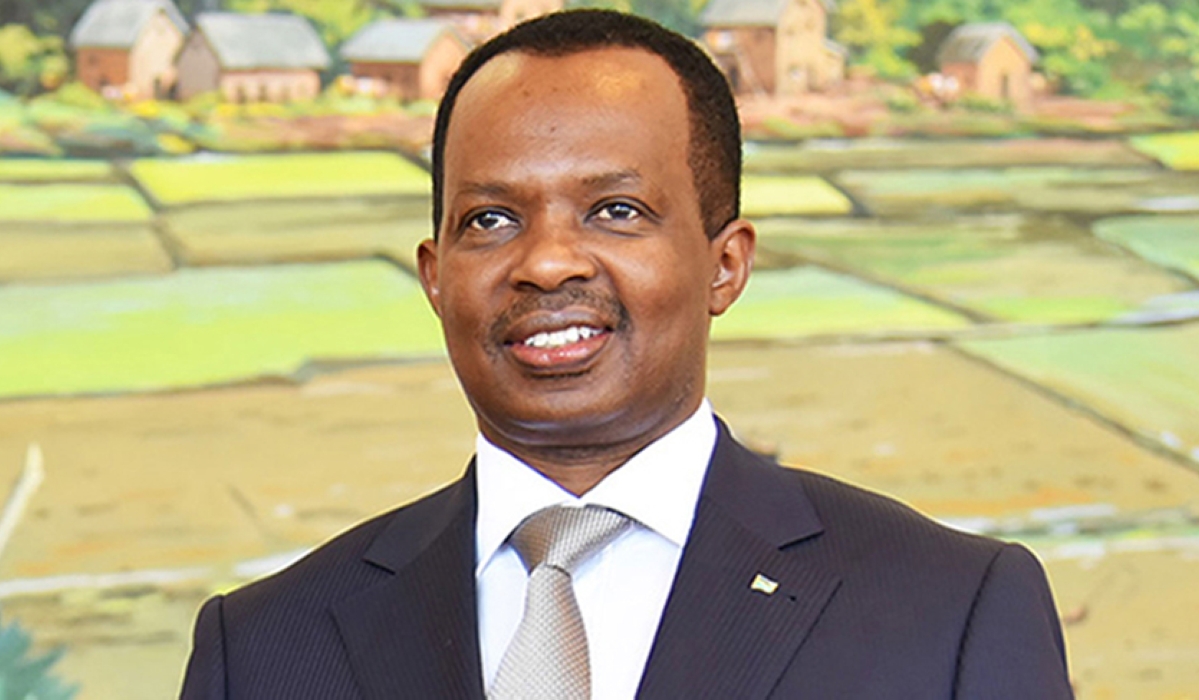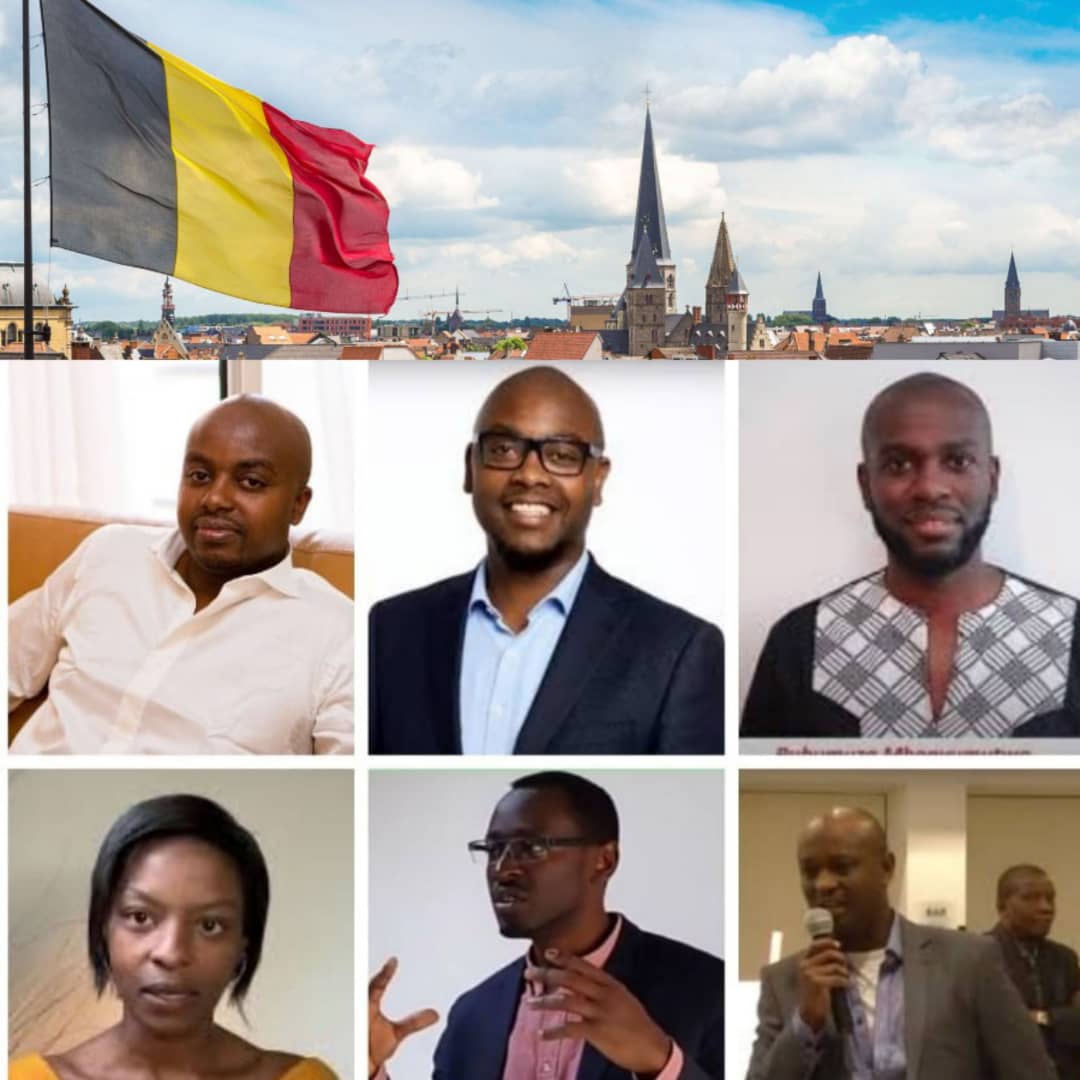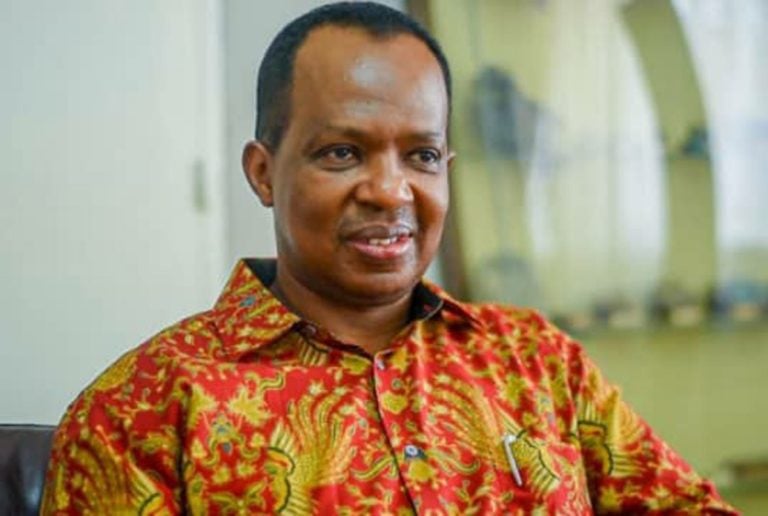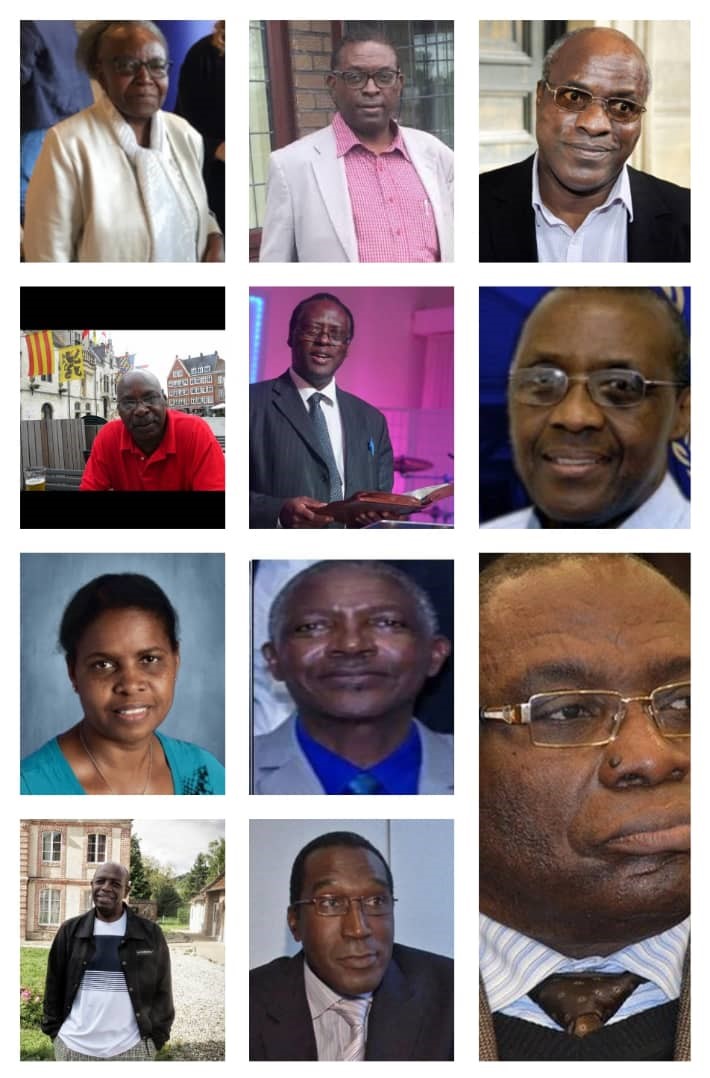Regional
Understanding Belgium's rejection of Rwanda’s envoy, and Brussels’ reckoning with its colonial past

Rwandan Ambassador Vincent Karega was declared persona non grata by Congolese government due to rising tensions between Kinshasa and Kigali.
The Belgian government refused to accredit Ambassador Vincent Karega as Rwanda’s new envoy.
Jambo News, an outlet owned by genocide deniers and extremist Rwandan exiles under the umbrella Jambo Asbl, on July 24, reported the news.
At the time, Brussels refused to shed light on the matter, saying it will communicate "through diplomatic channels".
After the news made headlines in
international media, it was reported that the decision of the Belgian
government to reject Karega’s accreditation was influenced by Kinshasa.
In a
September 12 interview with Jeune Afrique,
Rwandan President Paul Kagame said: “We realised that there must have been
other reasons for the refusal.
“Our interpretation is that it is clear that this refusal was dictated by DRC rather than for other reasons.”
“Vincent Karega was our ambassador in Kinshasa before being declared persona non grata, not because of his behaviour but because he was the representative of Rwanda, a country with which the DRC has problems,” President Kagame said.
In November 2021, Congolese rebel group, M23, took up arms again and captured swathes of territory in eastern DRC. Kinshasa accused Kigali of backing the rebellion, allegations the latter denied and emphasized that it is a domestic problem that should be dealt accordingly.
A year later, the DRC government had not only failed to solve the M23 issue, but found it easy to scapegoat Rwanda, hence the expulsion of Karega from Kinshasa. Tshisekedi’s fragile diplomatic methods led to the deterioration of DRC-Rwanda relations, and Belgium joined the circus of bad diplomacy.
The decision by the Belgian government was not because they had an issue with Karega personally, but with Rwanda.
Rwanda’s stand
President Kagame pointed out that the answers Rwanda was given by the Belgian government were far from satisfactory, since they put arguments on the table that have no basis.
“With the lack of reasonable explanations by Belgian government on the refusal of Rwandan ambassador…We therefore felt that we needed a better explanation and that we weren’t going to change our position and send another ambassador,” Kagame added.
Political observers urged that Rwanda was a victim of international conspiracy, and DRC’s issues with Rwanda should not affect the relationship the country has with Belgium. The latter is playing favoritism with DRC because of its selfish interests.
There is high competition around green economy; natural resources and energetic transition, which DRC has in abundance. Brussels cannot risk angering Kinshasa because of their long history of attachment to the latter’s rich natural resources.
It does not take a genius to figure out which side the Belgian government has picked, even if it means endangering their bilateral relations with Rwanda.
Belgian motive to pick DRC’s position
Historical attachment between DRC and Belgium begun in 1885 during the Belgian colonization of DRC under the rule of King Leopold II, the second king of Belgians and founder of Congo Free State, current DRC.
In the Berlin Conference of November 1884, Leopold was recognized as the sole owner of Congo Free State, with the core goal of civilizing people there.
Although Leopold II established Belgium as a colonial power in Africa, he is best known for the widespread atrocities that were carried out under his rule. Forced labour, corporal punishments, kidnapping, and slaughtering of rebellious villages were among other atrocities recorded during the period.
Almost 20 million people were killed as a result of King Leopold's cruelty. He made over $1.1bn, hiding the fortune in foundations, Swiss accounts, shell companies and properties on the French Riviera.
In a July 2022 visit to Kinshasa, King Phillip of Belgium expressed his regrets by denouncing Belgian colonial rule’s cruelty.
“I insist, here, before the Congolese people and all those who still suffer today as a result, on reiterating my deepest regret for those wounds of the past,” he pointed out.
Apart from the economic interests, Brussels owes a lot to the Congolese considering its historical crimes and plunder. Brussels seeks to confront its brutal colonial past. But it won’t be easy.
DRC President Félix Tshisekedi hopes in particular that stronger ties with Belgium will help him consolidate his hold onto power - he seeks a second term in December - but there are those in the DRC who think Belgium hasn’t done enough yet to compensate for its past, without an apology and reparations for the untold suffering and spectacular plunder.
Home
to the second largest rainforest and the second largest river in the world, the
DRC is roughly the size of Western Europe with a population of 84 million and a
GDP of $50bn. The value of DRC’s natural resources is estimated at $24tn;
greater than the US GDP of $20tn.
Belgium
still wants a piece of it; at whatever cost. Given this reality, good relations
with Rwanda don’t stand a chance.






.jpg-20221113050043000000.jpg)